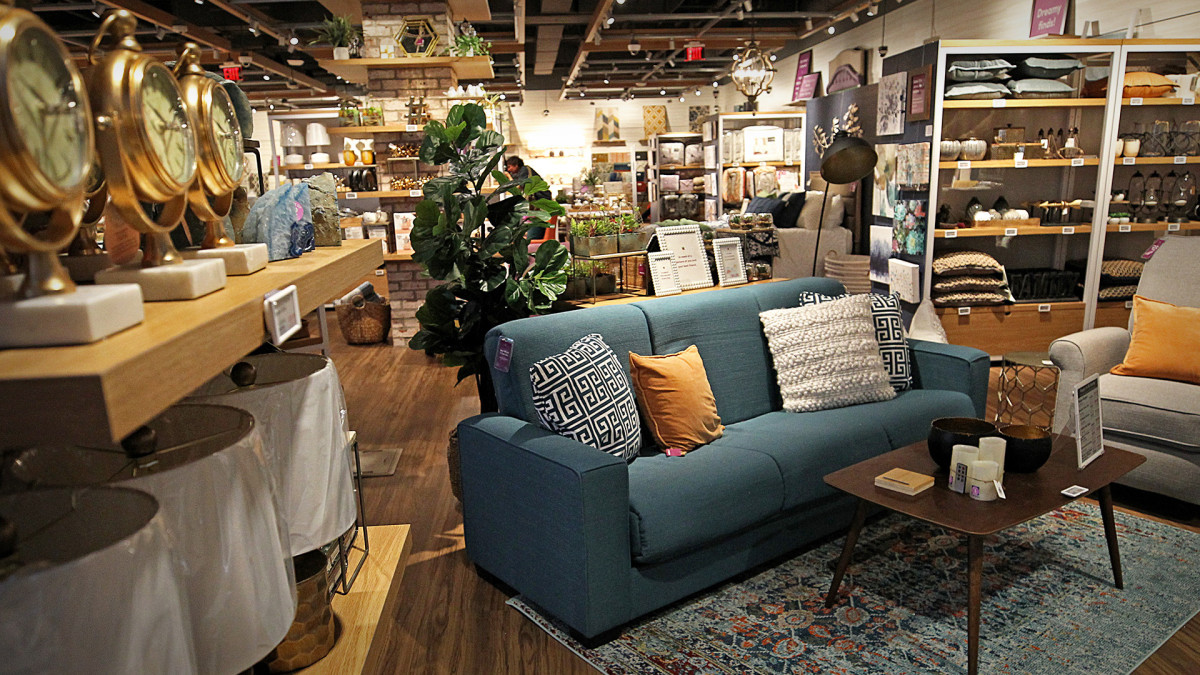
Good leaders look at themselves and hold themselves accountable above all else. Yes, they also must do the same for their employees by setting clear expectations and aligning the company's goals with their workers beyond just having their checks clear or not getting fired.
The most successful companies relentlessly look at their operations and their business model to make adjustments where things are going wrong. You can't cut your way to success nor can you work your way to it if you're not working in the right way.
Related: Popular retailer enters alternative to bankruptcy liquidation
A good CEO walks a fine line. They want to make it clear that employees need to work hard, but they also need to create an environment that rewards working smart, not simply toiling away on projects that don't change the bottom line.
Wayfair CEO Niraj Shah badly misstepped in a recent email to employees that celebrated the company's return to profitability (despite it losing money during the quarter) while also essentially telling workers they should all work late.
"Working long hours, being responsive, blending work and life, is not anything to shy away from. There is not a lot of history of laziness being rewarded with success,” he wrote in the now-famous email.

Image source: Suzanne Kreiter/The Boston Globe via Getty Images
Wayfair CEO said the quiet part loud
Nobody argues that workers shouldn't do their jobs well and that doing that, at least when you reach a certain level in a company, sometimes requires working outside of normal hours. Wayfair's problems, however, are not rooted in its employees not working hard enough.
"In the nine months of the fiscal year to-date, Wayfair has made a net loss of over half a billion dollars. Its business model remains fundamentally broken. Before preaching to employees about hard work, I suggest Wayfair management get their own house in order," GlobalData Retail Managing Director Neil Saunders wrote on RetailWire.
Wayfair (W) -) had a gross profit of $917 million in the third quarter but reported a net loss of $163 million.
"His memo contained the word 'laziness,' but did it contain any mention of 'thank you'…??? If only it were as simple as hard work. It has to be hard work on the right strategy with the right resources directed at the right customer. Which is not exactly new news," Jeff Sward commented (all RetailWire commenters are vetted industry experts).
Wayfair has deep financial problems
Wayfair sells furniture online that consumers don't see or touch before they buy it. That was a model that made sense during the covid pandemic, but it's a much bigger challenge now that people can visit furniture stores to lie on beds, sit on couches, and actually see the items they're about to spend a lot of money on.
The online retailer has fallen into dangerous territory, according to RapidRatings, a company that tracks financial data to determine whether a company is at risk of defaulting on its bills.
"A Core Health Score of 30 suggests low levels of efficiency and a performance which is not sustainable over the long-term. Within the Resilience Indicators, we see significant weakness, and at this Core Health level, these Resilience Indicators are critical in determining default risk. Companies with this combination of Core Health and Resilience have a troubling short and medium-term outlook that will require a lot of work," the rating firm shared.
RapidRatings data is used by vendors to decide how much risk they're taking in shipping orders or extending credit to a company.
"Wayfair Inc. demonstrates weakness in leverage, liquidity, and earnings performance. Significant improvement in one or more of these areas is imperative," RapidRatings added.
The service calls Wayfair a "high default risk."
Wayfair currently has about $1.2 billion in cash on hand while it has about $2.7 billion more in liabilities than it has in assets.
Shah downplayed the company's financial issues in his comments in the Q3 earnings release.
"Wayfair is now in a place where we can drive profitability while simultaneously investing for growth. Q3 is one more proof point of exactly that — today we're reporting positive adjusted EBITDA of $100 million, a second consecutive quarter of positive Free Cash Flow, and nearly four percent year-over-year revenue growth driven by strength in orders," he said.






